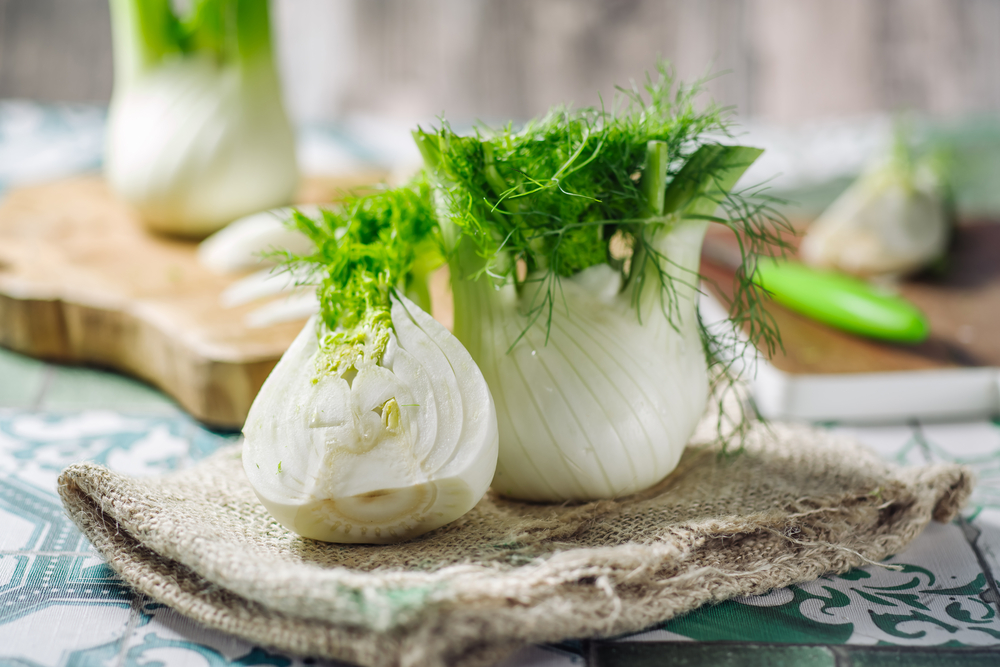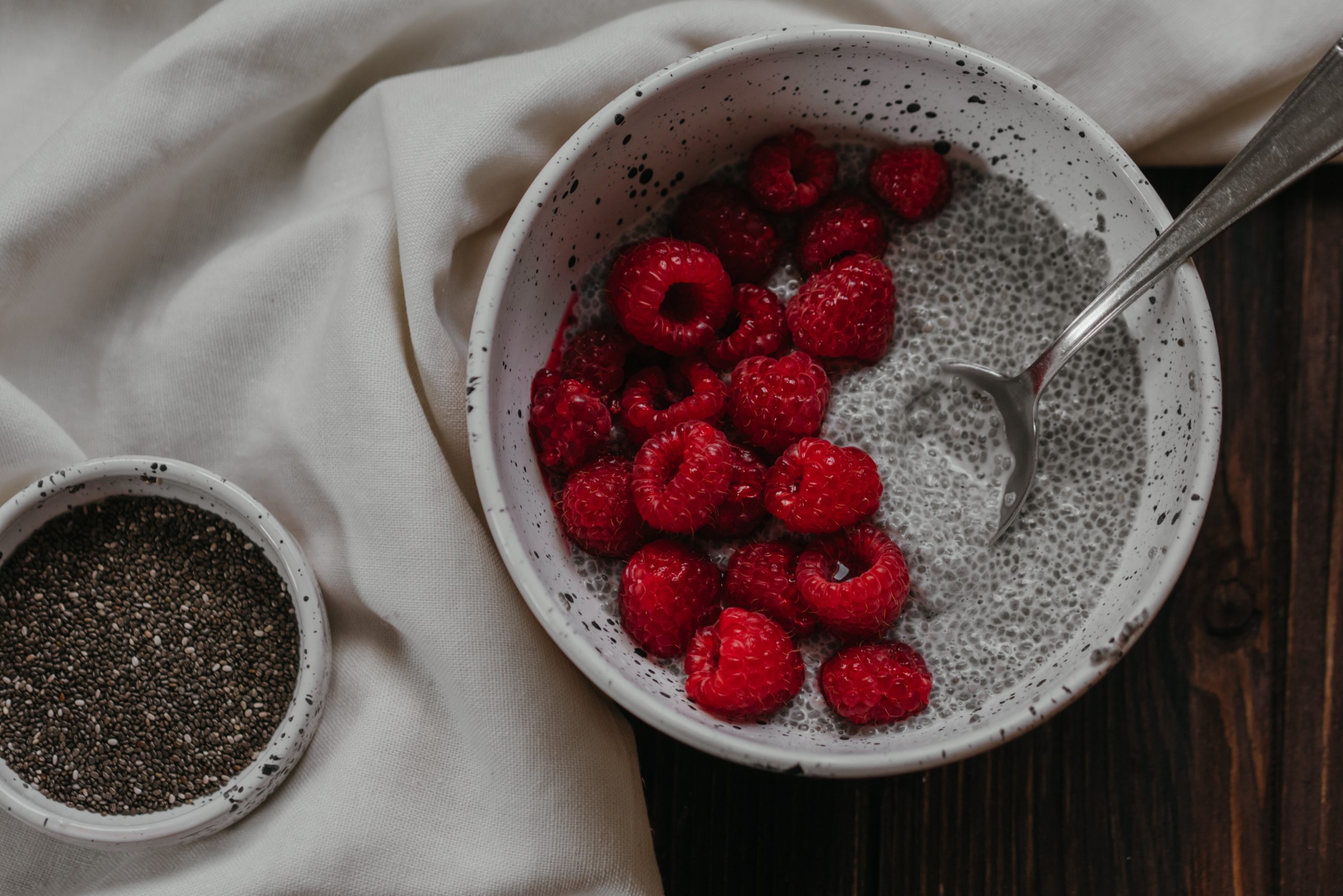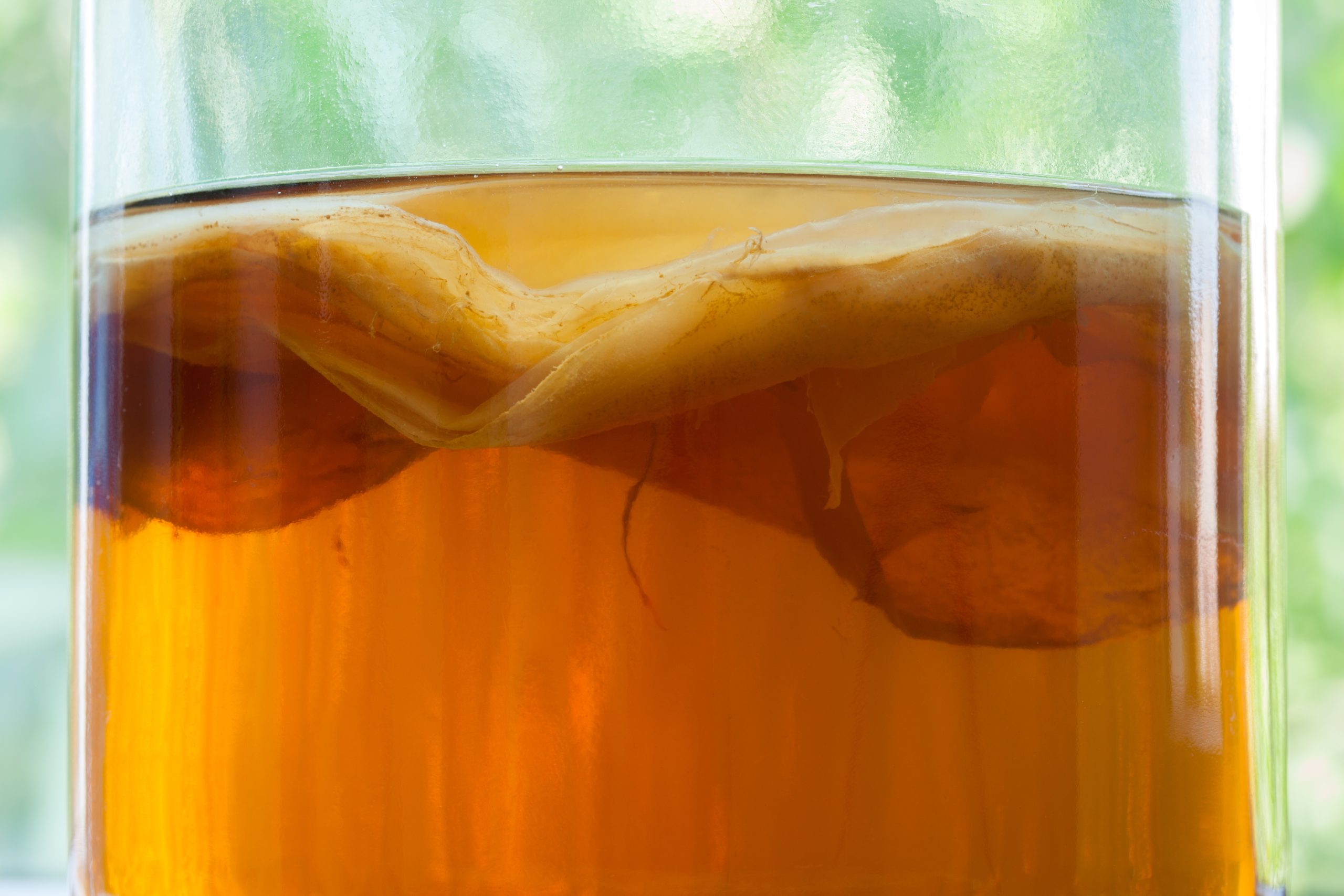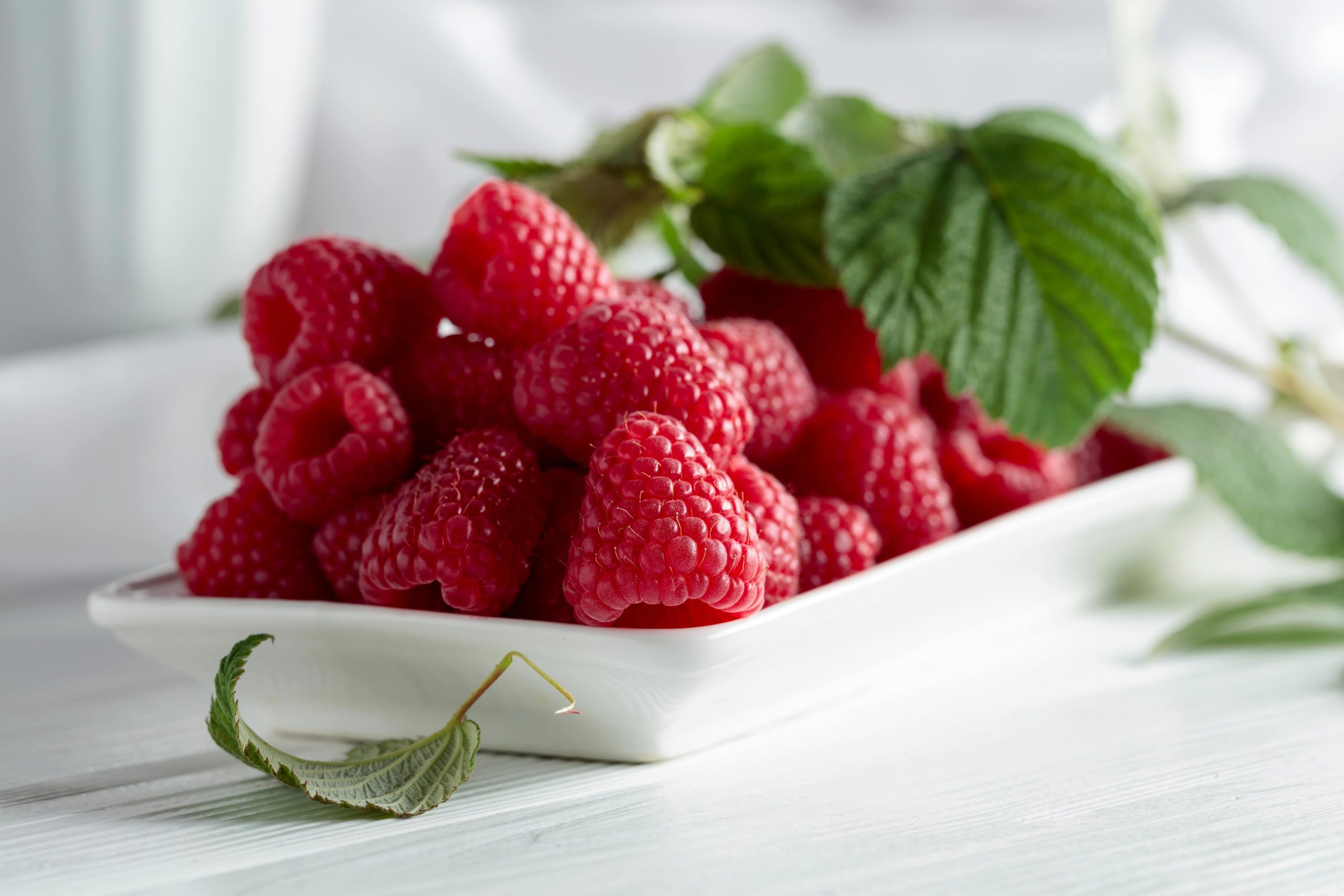Fennel has been known since ancient times and was appreciated by cooks in Ancient Egypt, India, Greece, Rome, and China. In ancient Greece, fennel was a symbol of good fortune, as its aroma not only gives a person extraordinary strength and drives away evil spirits but also, above all, attracts prosperity.
Nowadays, in some parts of the world, fennel is a common and well-known ingredient that is widely used in cooking. It can often be found in grocery shops and is part of many traditional dishes.
Fennel – Nutrition facts

Fennel has a low energy value, is low in protein, and has almost no fat. It contains not a big amount of carbs, is low in sugar, and has low glycemic index.
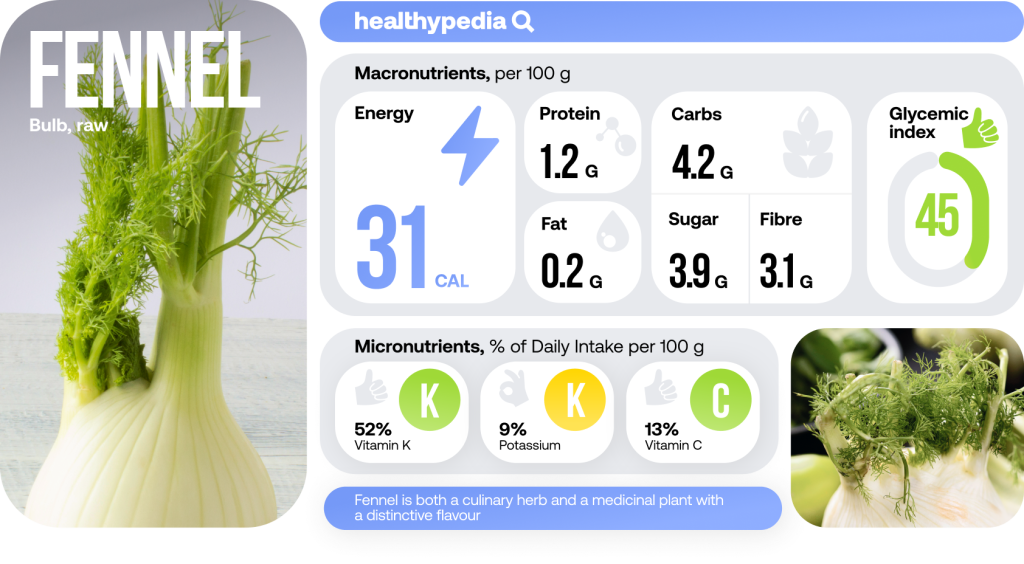
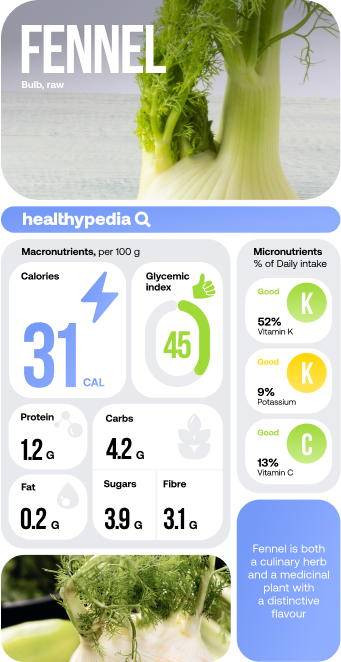
Fennel – Good news you should know

Fennel is a versatile herb that can be used both in cooking and for medicinal purposes. In addition to its many culinary uses, it has a wide range of health benefits.
1Helps to prevent cancer
A myriad of powerful plant compounds in fennel can be protective from diseases, including dangerous conditions like cancer. For centuries in Chinese medicine, fennel has been used to treat inflammatory conditions such as insect bites and sore throats. Its ability to relieve inflammation has led scientists to start studying the properties of this vegetable more closely.
2Can regulate blood pressure
100 g of raw fennel contains 9% of potassium of daily intake, which is one of the most important nutrients in our bodies and is essential for a number of important processes. Potassium has the property of being a vasodilator, which means it relaxes tension in blood vessels, lowering blood pressure.
High blood pressure is linked to a wide range of health problems, including heart attack, stroke and atherosclerosis. By including fennel in your daily diet, you can increase your potassium levels and get all the associated benefits.
3Can improve brain function
Potassium, found in fennel, is an electrolyte that can help increase electrical conductivity throughout the body. Because of this quality, potassium can help improve brain function and cognitive abilities. Fennel is also a vasodilator, which means that more oxygen enters the brain and neural activity can work optimally.
4Enhances eye health
Including fennel in your diet can help protect your eyes from inflammation as well as reduce the disorders associated with premature ageing and macular degeneration. This is due to its abundance of antioxidants, vitamin C and amino acids such as arginine are very useful for rejuvenating tissues and preventing ageing.
5Strengthens the immune system
Rich in many nutrients, including vitamin C (100 g – 13%), fennel supports the immune system and protects the body from infections and free radical damage.
6Can relieve symptoms of colic
Herbal teas made of various herbs, including fennel and fennel oil, can relieve colic symptoms. Fennel has certain antispasmodic properties, which also help it to relax the muscles and reduce the discomfort associated with colic.
7Can reduce bloating
Fennel is very popular as an anthelmintic due to the vetrogonic properties of the aspartic acid it contains. Its extract can be used as a means of reducing flatulence and removing excess gas from the stomach. It is widely used in medicines to reduce the symptoms of non-ulcer dyspepsia and flatulence in infants and young children.
Fennel – Bad news

Fennel is great due to the positive properties listed above, but it has some specific characteristics to be aware of.
Fennel contains a compound called coumarin, which can thin the blood and increase the risk of bleeding or bruising in people with bleeding disorders.
Coumarin is a natural chemical found in many plants, including fennel, and it has anti-inflammatory and anti-coagulant (blood-thinning) properties. This can be beneficial for some people, but it can also increase the risk of bleeding or bruising in those with bleeding disorders, such as haemophilia or von Willebrand disease.
Fennel contains phytoestrogens, so people with oestrogen-dependent cancers, such as breast, ovarian, uterine and prostate cancer, are not allowed to consume fennel.
If you are allergic to celery, carrot or mugwort, note that fennel can also cause an allergic reaction in people sensitive to these plants.
Some birth control pills contain estrogen. Fennel contains phytoestrogens and large amounts of fennel can affect estrogen levels in the body. Taking fennel together with birth control pills can reduce the effect of the pill. So if you don’t want an unwanted pregnancy, eat fennel in reasonable quantities and use an additional form of contraception such as a condom.
Fun & curious facts about fennel
-
Emperor Charles the Great is known to have encouraged fennel cultivation in Central Europe. It is an indispensable ingredient in modern French and Italian cuisines.
-
The original name of common fennel is finocchio, also known as Florence fennel.
-
In Greek, the word fennel means ’marathon’. It is said to have grown wild on the first fields where marathon races took place.
Fennel in the Blue Zones
Fennel is a staple food of the Blue Zones regions of Ikaria, Greece and Sardinia, Italy. The Blue Zone salad with fennel, tomato, and basil salad with lemon vinaigrette is a perfect and easy-to-prepare dish for a quick lunch.
Let’s sum fennel up

Both the aromatic, crispy bulb and the fragrant seeds of the fennel plant are highly nutritious and can offer many impressive health benefits. Adding fennel to your diet can improve heart condition, and eye health, reduce inflammation and even have anti-cancer effects.
Not enough? Here are some more from our colleagues!
In this video, Jamie Oliver, a famous English chef, will tell and show you interesting things about fennel. You can try some of his delicious recipes at home.

